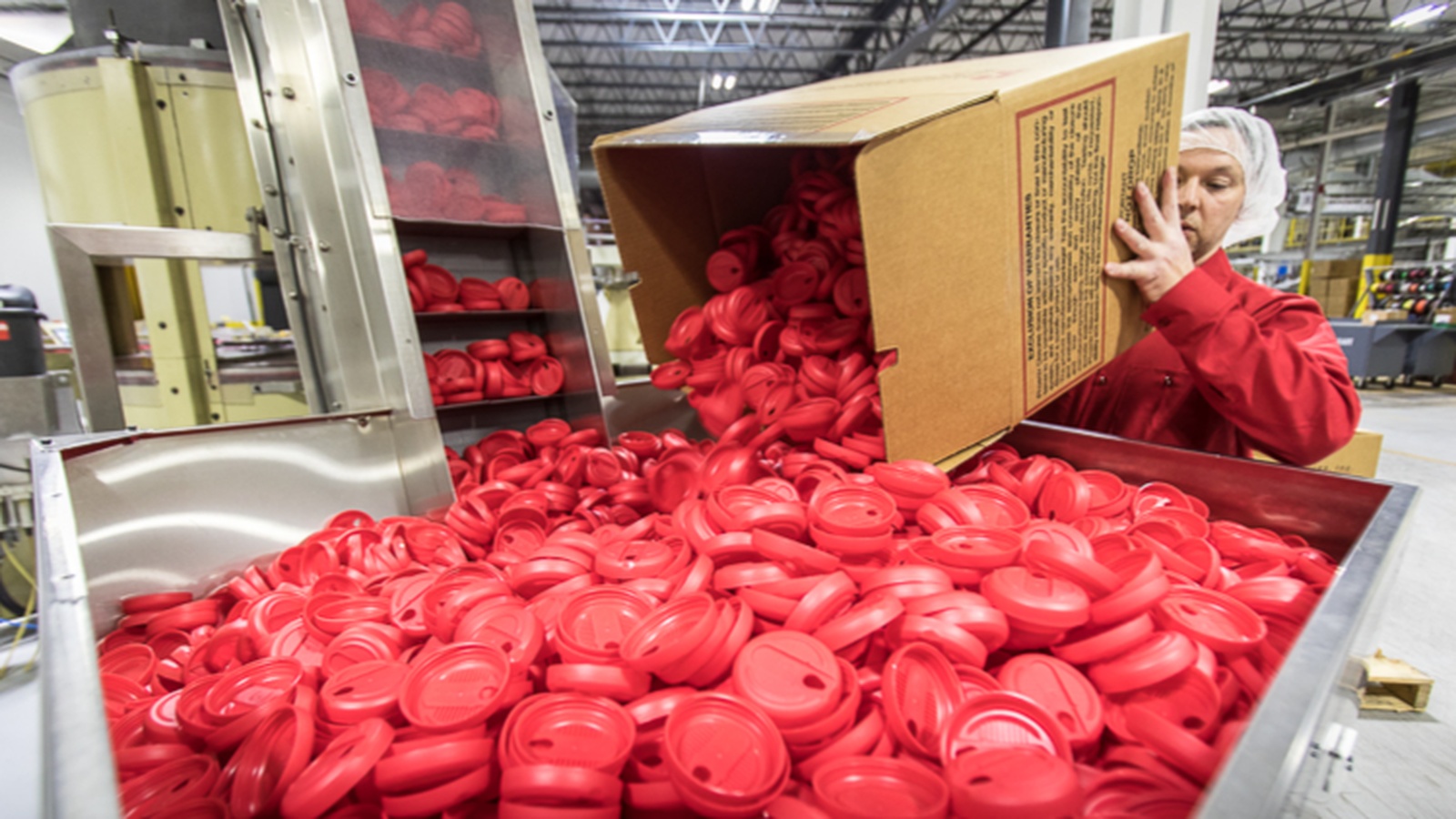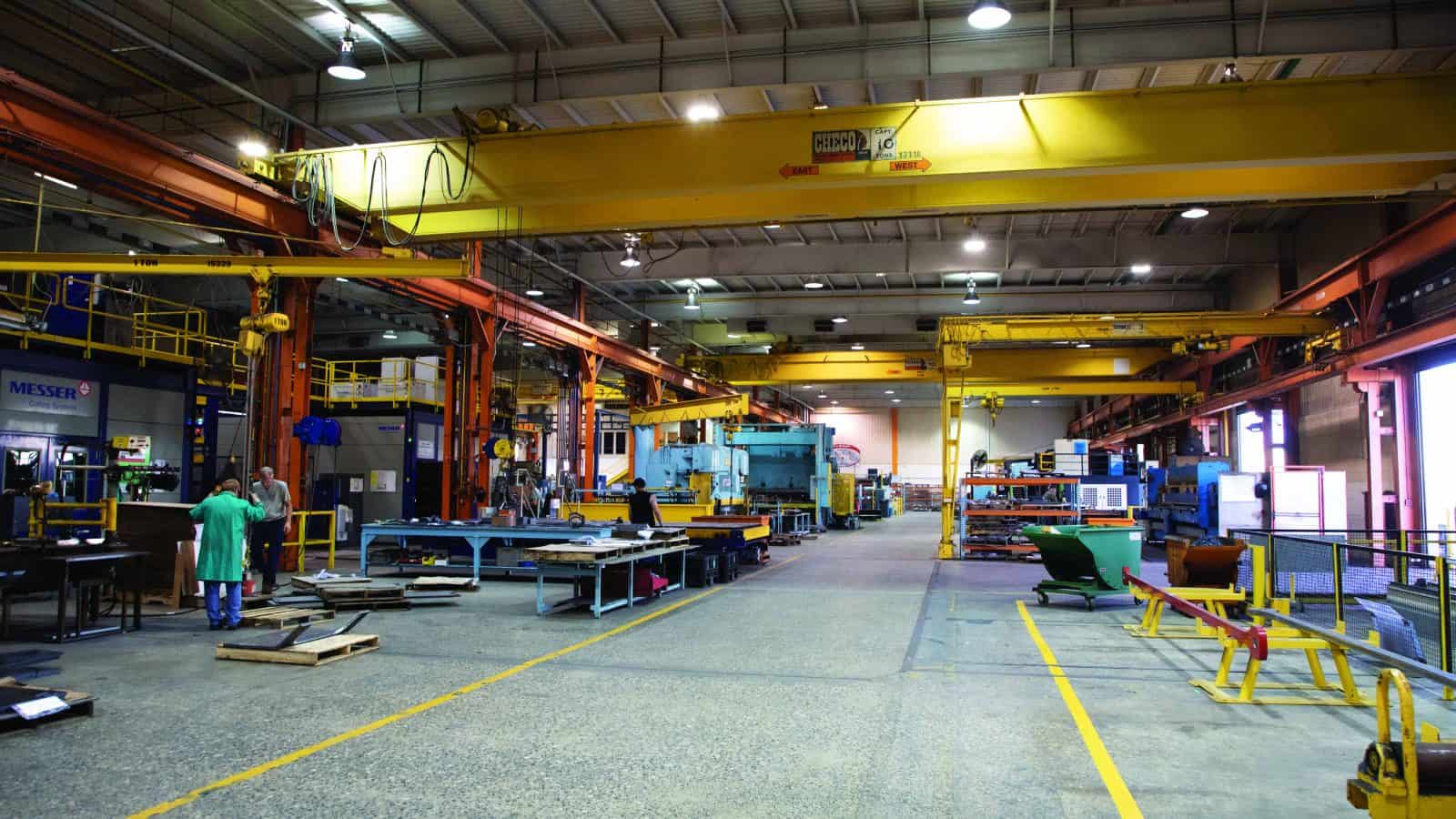Phoenix Closures Invests in Diversity and Inclusion

Manufacturers come from many different communities and backgrounds—and Phoenix Closures, a sixth-generation, family-owned business that makes packaging and closures, wants to make sure that all of them feel welcome in the industry. In the past few years, the company has created a D&I initiative that ensures their employees feel included in and excited about the place where they work.
Getting the ball rolling: The company began by installing a leader to oversee their D&I efforts and combine programming and support into one place. Vice President of Quality and Corporate Social Responsibility Meena Banasiak—a 2020 honoree at the Women MAKE Awards, formerly known as the STEP Ahead Awards—sees her role not only as that of a leader, but as proof of Phoenix’s commitment.
- “I’m part of our progress in terms of D&I at Phoenix,” said Banasiak. “This position I am in was created in order to have someone in the role to establish a framework for corporate social responsibility. This position had never previously existed.”
- “We knew as a business that we were in many ways doing a lot of things that would fall within a D&I program, but without that clear purpose and intention and definitive resources put behind it.”
- “So, in a very visible and important way, I had the opportunity to be in a position of leadership and join the executive staff as a woman of color and set the course for the nature of this work that we
’ve been pursuing.”
Developing programs: The company has created and implemented a range of initiatives that allow employees to connect and contribute.
CSR committee: Phoenix developed an employee resource group that is focused on corporate social responsibility and includes representation from all the company’s operating locations. Employees are encouraged to voice their ideas on the types of programs that could be offered to the workforce, and the group offers tools and resources to help members implement programs at their respective sites.
- “It’s great to have a way to give people that voice, to make the work environment something
 that enables us to feel more included,” said Banasiak. “Yes, we’re here to do good work, but we might just be able to have fun while we’re doing it! We want our employees to feel comfortable bringing their whole selves to work if they want to and develop more profound relationships in the process.”
that enables us to feel more included,” said Banasiak. “Yes, we’re here to do good work, but we might just be able to have fun while we’re doing it! We want our employees to feel comfortable bringing their whole selves to work if they want to and develop more profound relationships in the process.”
Parental leave: The company has expanded its parental leave benefits. Today, all full-time employees are eligible for the program, and the benefit applies to the non-birthing parent as well—including in cases of adoption.
- “There are people who have been able to take advantage of it right away—and just hearing their personal story, and their sense of relief knowing they have this support from their company—it’s unfettered relief,” said Banasiak. “It goes a very long way toward cementing the relationship between employer and employee, when you feel like your employer is invested in you.”
Volunteer time off: Phoenix’s full-time employees are encouraged to take up to eight hours of paid time off per calendar year to volunteer with the charitable organization of their choice—either individually, or as part of a team.
- “There have been a few different events where a group of employees have gone together, so it simultaneously serves as a teambuilding exercise with a broader impact,” said Banasiak. “At the same time, we get to share the stories of these experiences and celebrate those organizations that our employees find meaningful to them. Excitement breeds further excitement.”
Pledge for Action: Phoenix was a signatory of the NAM’s Pledge for Action, which committed the manufacturing industry to taking 50,000 tangible actions to increase equity and parity for underrepresented communities, creating 300,000 pathways to job opportunities for Black people and all people of color, and reflecting the diversity of the overall U.S. workforce by 2030.
Starting small: According to Banasiak, it’s important to be sensitive to needs across the entire company, but also to create small forums where employees can feel comfortable discussing issues. By empowering employees to come forward with ideas, a company can unleash the creativity, energy and enthusiasm of a diverse workforce.
Building the habit: “At first you might be in a place that feels more performative rather than substantive, but it’s still a legitimate starting point,” said Banasiak.
- “We never before made an intentional effort to acknowledge Hispanic Heritage Month or Black History Month. By now, our employees are creating and hosting their own events—but before that, our first step was literally a single email to the organization.”
- “I’d argue that first step is every bit as necessary and valid on this journey. Just making that conscious effort—that’s going to be meaningful to someone. It’s necessary to build that habit in small ways to create an environment where ideas start to flow. The motivation builds upon itself, but you have to start somewhere.”
The bottom line: “Results are not instantaneous or something that one person can achieve,” said Banasiak. “It’s about slowly shifting the narrative.”
